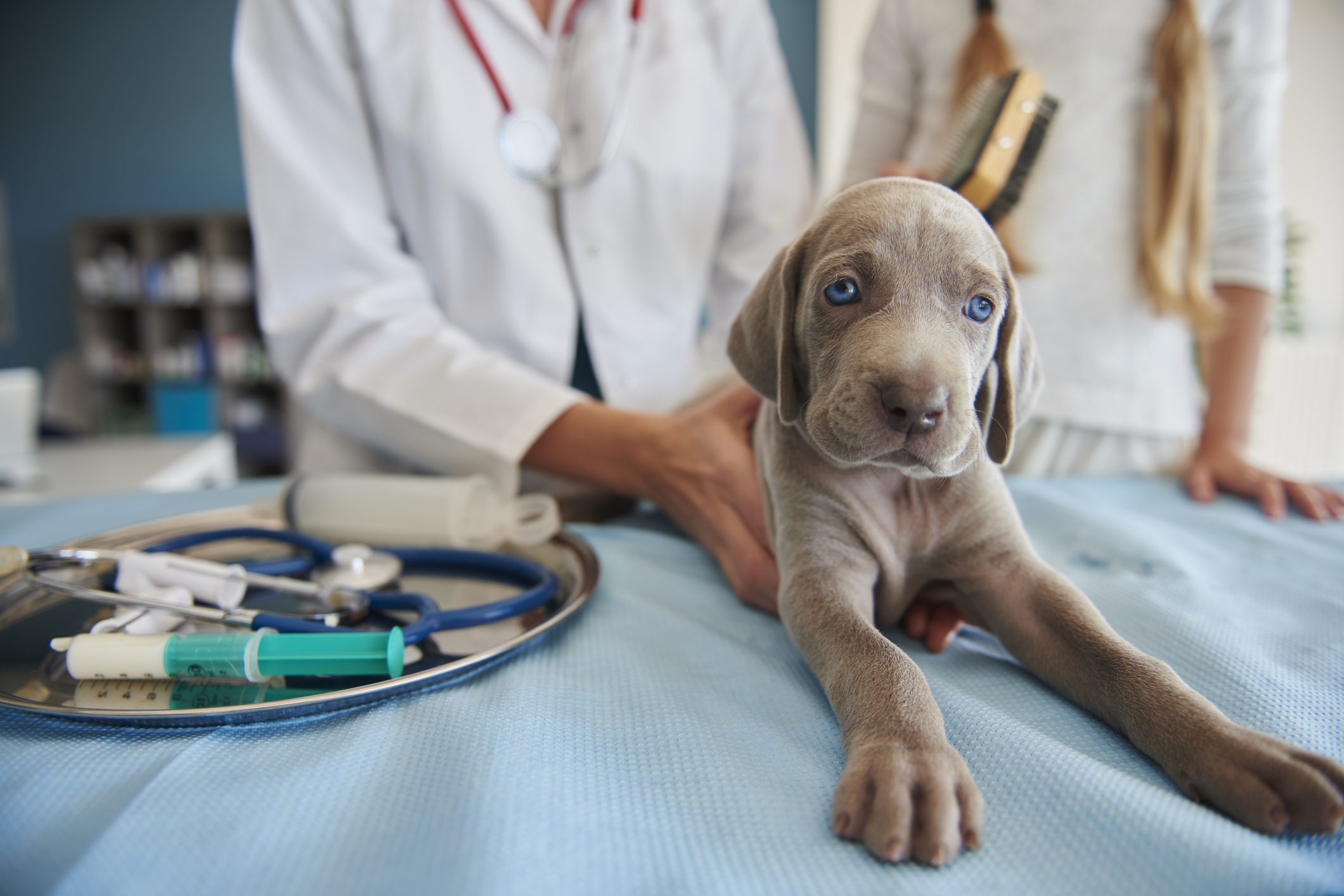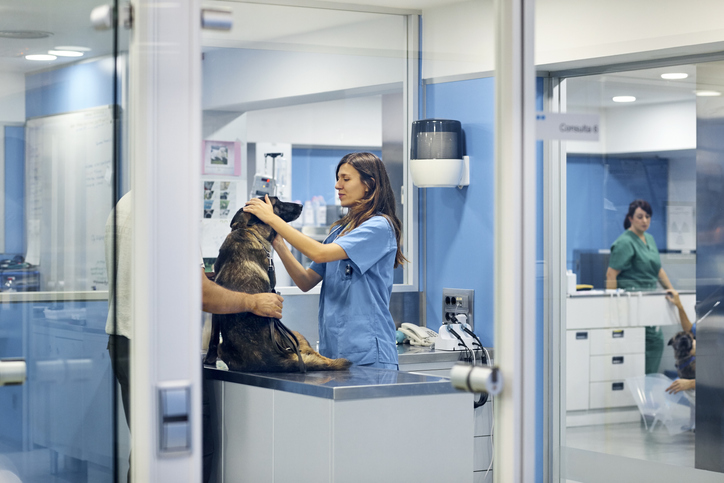01.06.2019
How Does Humidity Control Affect Animals and Humans in Veterinary Clinics?
Whether you operate a veterinary clinic or are simply concerned for the well-being of your beloved pet, it’s important to know that the quality of the air affects animals much in the same way as humans. Furry friends such as cats and dogs are particularly prone to ill-effects stemming from poor relative humidity (RH). Regardless, the last thing you want is for them to suffer from discomfort, skin irritation and other issues when being cared for by a vet, and the longer that they’re in a facility with inadequate humidity control, the worse their wellbeing can get.
So, how does humidity control affect animals and humans occupying veterinary clinics? Let’s find out.
Reduced Risk of Electrostatic Discharge (ESD)
From operating equipment to examination tables, veterinary clinics are full of metal and other conductive materials. In low-humidity conditions, such surfaces can accumulate electrostatic energy that then arcs, discharging and leaping to whoever touches it. Some pets can more easily build up a current themselves due to their fur, causing them to get shocked or discharge to owners, veterinary staff and others. This can be avoided with proper humidity control by way of a commercial humidifier.
Comfort
No pet loves going to the vet unless if they’re in it for the free treats. However, did you know that the temperature and air quality – influenced by relative humidity levels – can go a long way in helping them stay calm, cool and collected? That’s right; it’s not only their owners that are more comfortable in properly humidified conditions. This can make veterinary staff more efficient, helping more animals every day as a result of less time worrying about getting your puppy to stay still.
Infection Control and Allergen Suppression
Veterinary clinics contain multiple animals suffering from illnesses in a single location, and some of those illnesses just happen to be contagious. Also, some animals and their owners have allergies that can be triggered easily. To suppress the spreading of airborne infection and allergens, a high-efficiency commercial humidifier can minimize harmful bacteria while ensuring the even, consistent dispersal of sufficient air moisture content. The result? A healthier environment for animals, their owners and veterinary staff as well as a more sanitary operating environment.
If you operate a veterinary clinic, how does humidity control affect animals you care for as well as their owners and all onsite staff? Simply put, it’s a proactive way to avoid the worst from happening – essential when you’re doing your best to help patients recover and get back to a normal life. For more information on our commercial humidifiers and other suitable products for such applications, contact us at Condair today. We can help fulfill your needs for proper humidity control.
Similar Links:
https://www.condair.com/humidifiernews/blog-overview/best-humidifier-guide


